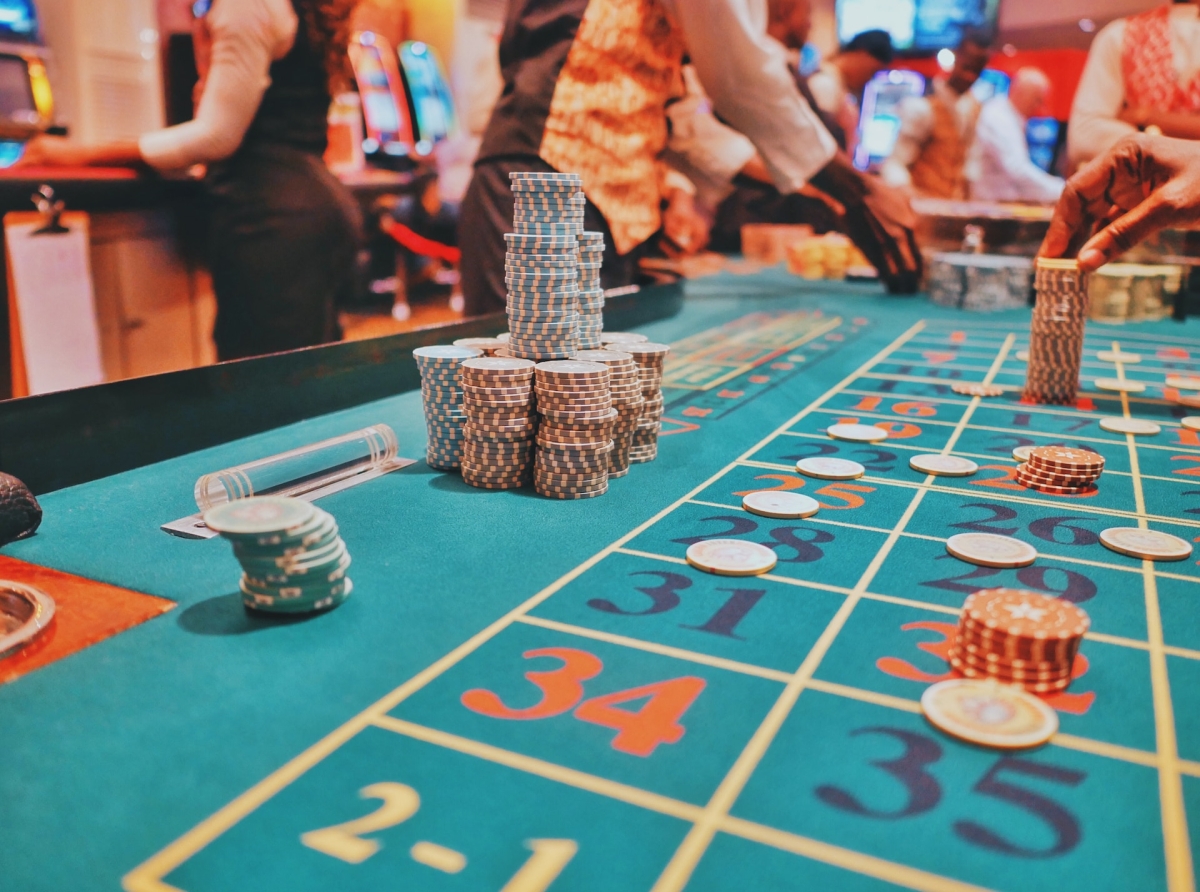Is Forex Trading a Form of Gambling? Exploring the Risks and Realities.

Is Forex Trading a Form of Gambling? Exploring the Risks and Realities.
The global financial markets are a complex web of transactions and strategies, with Forex trading being one of the most significant components. Forex, short for foreign exchange, involves the buying and selling of currencies on an open market. Its global significance cannot be overstated. The sheer scale and continuous operation (24 hours a day, five days a week) underscore its importance to global trade and finance.
In comparing Forex trading to gambling, many misconceptions come to light. The excitement of a rapid trade and the potential for quick profits often lead people to liken it to gambling in a casino. This comparison, however, tends to ignore the complexities and strategic nature of Forex trading. While both activities involve risk and unpredictability, gambling typically offers a fixed statistical disadvantage to players (the “house edge”), whereas Forex trading can be approached with analysis and strategies that may influence one’s chances for success.
In comparing Forex trading to gambling, many misconceptions come to light. The excitement of a rapid trade and the potential for quick profits often lead people to liken it to gambling in a casino. This comparison, however, tends to ignore the complexities and strategic nature of Forex trading. While both activities involve risk and unpredictability, gambling typically offers a fixed statistical disadvantage to players (the “house edge”), whereas Forex trading can be approached with analysis and strategies that may influence one’s chances for success.

Is Forex Trading a Form of Gambling? Exploring the Risks and Realities.
The Nature of Forex Trading
Forex trading operates through a network that allows participants, including banks, businesses, governments, investors, and traders, to convert one currency into another. If you’ve ever traveled abroad and exchanged your home currency for local currency, you’ve participated in this vast market on a small scale.The mechanism behind Forex trading involves pairs of currencies like EUR/USD or GBP/JPY. Traders speculate on the value of one currency against another based on economic indicators such as interest rates, political stability, inflation rates, and economic growth data.
The dynamics of currency fluctuations are influenced by various factors like geopolitical events (e.g., Brexit), macroeconomic reports (e.g., employment data), natural disasters impacting economies, or decisions by central banks on monetary policy. Traders use fundamental analysis (evaluating economic conditions) and technical analysis (studying chart patterns) to predict movements in these markets.
Risk Analysis in Forex Trading vs. Gambling
Both Forex trading and gambling carry inherent risks that participants must accept; however, the nature of these risks differs significantly between the two.In gambling, uncertainty is an essential part of the game design - roulette spins are random; cards dealt cannot be predicted with certainty. In contrast, while there is inherent uncertainty in Forex markets due to their complex nature influenced by multiple factors worldwide – traders can employ various strategies based on market analysis tools that provide them an opportunity for informed decision-making rather than relying purely on chance.
Risk management is crucial in both domains but particularly sophisticated in Forex trading; traders use stop-loss orders or position sizing techniques to mitigate losses – something gamblers cannot do once a bet is placed.
Psychological Aspects of Trading and Gambling
Psychologically speaking, there’s an overlap between trading behaviors observed among gamblers; however they diverge sharply when considering discipline involved in professional trading versus often emotionally driven bets placed by gamblers.Traders might experience similar highs following successful trades akin to winning bets at casinos but seasoned traders understand that long-term success relies on consistency rather than sporadic wins - employing patience coupled with emotional control over their decisions unlike impulsive behaviors seen among gamblers which can lead them into trouble.
An understanding psychology helps navigate treacherous emotional waters whilst ensuring adherence towards established risk management principles – thereby distinguishing disciplined investment from reckless speculation.
Differentiating Between Investment and Speculation
To summarize key distinctions: While both activities engage elements risk – they diverge when we consider intentionality behind actions taken by players involved.Forex trading can be approached as educated speculation where research & strategy play vital roles guiding potential profitable outcomes versus gambling’s reliance predominantly upon luck without means significantly sway odds favorably consistently over time.
Therefore individuals looking engage responsibly within financial markets should focus developing comprehensive understanding mechanics behind instruments they’re dealing with alongside sound money management tactics - ensuring activity remains within realms investment versus sliding into pitfalls associated excessive speculation akin gambling ventures without safety nets place.
Through education self-discipline responsible practices - operators within this space can work toward achieving sustainable success stark contrast uncertain outcomes faced by those who choose gamble without such precautions mind.
Tags: Forex trading, Financial markets, Investment, Speculation, Risk management









Report
My comments